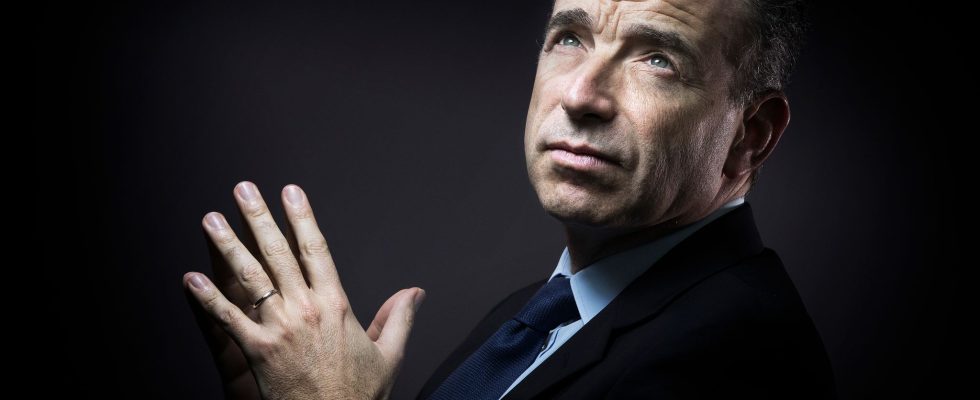In summer, we take on colors. Hydrogen is no exception to the rule and it is now white hydrogen which is in the news. The presence of hydrogen in its natural state would potentially have been detected in large quantities in the soils of Moselle last July. This possible discovery thus completes a palette of colors that is already particularly rich when it comes to hydrogen. Depending on the production processes and their impacts on the environment, it can be described as black, gray, blue or even green. Alternative to fossil fuels in heavy transport, efficient means of storing electricity, promise to decarbonize the most polluting sectors of our industry such as steel or chemicals: renewable hydrogen is crucial to successfully completing our ecological transition. This discovery is therefore an additional means of exploiting the full potential of this energy vector, moreover in a new geopolitical context which has highlighted the commercial dependence of the European Union on Russian gas.
To get rid of this dependence, the EU has accelerated initiatives to develop and promote the entire hydrogen value chain. Thus, the REPowerEU plan plans to increase production to 10 million tonnes of renewable hydrogen and imports to another 10 million tonnes by 2030.
To achieve this objective, several projects of common European interest are now supported by specific funding to develop the necessary technologies and infrastructure. Furthermore, a “European Hydrogen Bank” will be created in the coming months to support the development of green hydrogen. On a regulatory level, 2023 was the year of significant compromises between the Twenty-Seven. As France wanted, hydrogen produced using nuclear electricity could be considered renewable. There is reason to rejoice: an ambition, a bank, a compromise! But let’s not forget an element that has too often been missing from European policies: a common vision. When it comes to hydrogen, much remains to be done. Indeed, as is often the case when it comes to energy policy, the French and German visions are opposed.
A way for Europe to assume its leadership in the future
France intends to rely on local production thanks to electrolysers powered by renewable energies, hydroelectricity but also by its nuclear fleet. The approach excellently defended by Emmanuel Macron consists of taking advantage of the opportunity of decarbonization to promote both our energy independence and the reindustrialization of our country. On the other side of the Rhine, there is greater emphasis on imports from regions of the world where renewable energy is cheaper. Olaf Scholtz is thus engaging in “hydrogen diplomacy” and increasing bilateral partnerships. But these partnerships do not necessarily ensure German independence in terms of hydrogen. In terms of reindustrialization, if the logic promoted by the chancellor aims to maintain the competitiveness of German industry, Berlin also exposes it to the risks of relocation to countries producing green hydrogen to reduce transport costs.
If strategic roadmaps are multiplying at the national level, let us not hide the one that remains to be drawn at the European level. Let us be careful not to repeat errors for which we are paying, still today and for more than a year, the high price: energy dependence and the lack of coherence between the energy policies of the Twenty-Seven. On the contrary, it is together that we must draw up a European strategy, a strategy which cannot only be reduced to climate imperatives but which must also take into account its commercial, diplomatic and security aspects. The development of hydrogen is an opportunity for Europe to finally adopt this global vision and to make this energy not only an end in itself but also a means of assuming its leadership in the future. Finally and above all, let us no longer let what is left unsaid today become sources of tension and powerlessness tomorrow which could once again weaken the Union in future crises.
